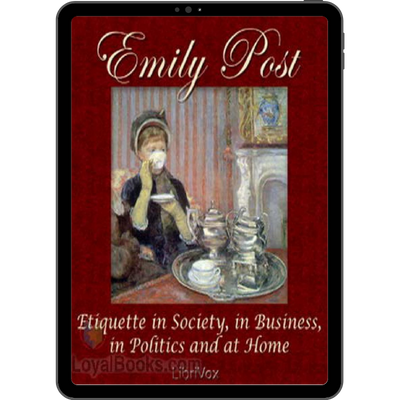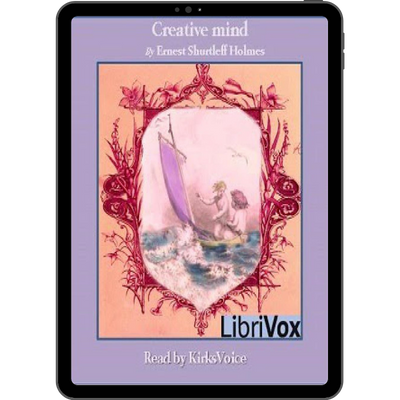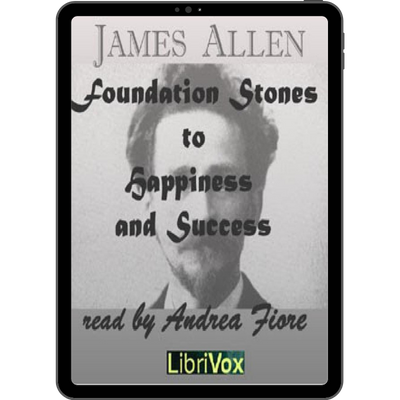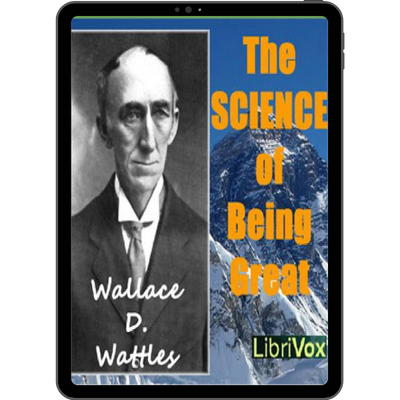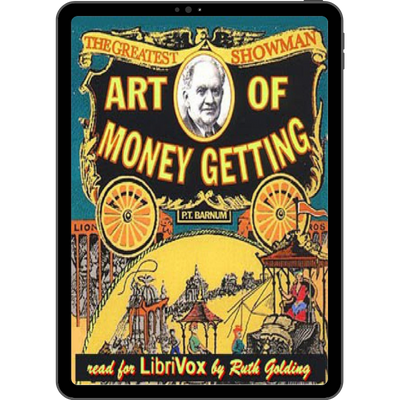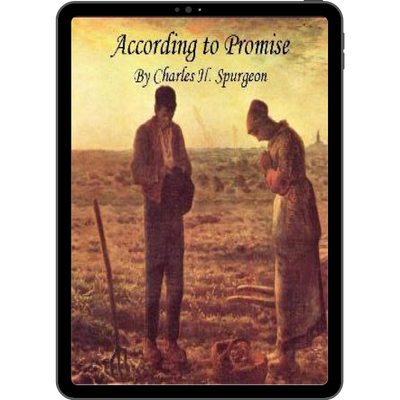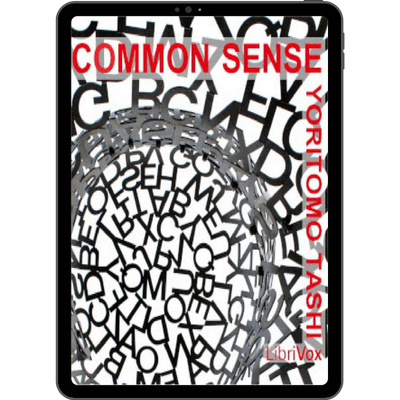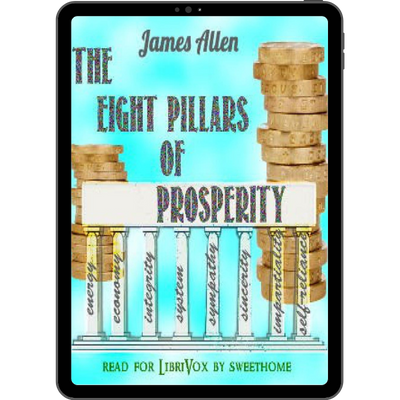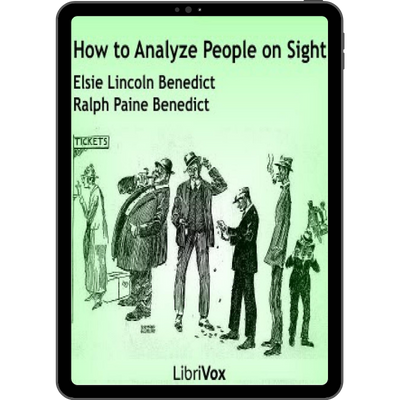self-help
The first three parts of this book, Passion, Aspiration, and Temptation, represent the common human life, with its passion, pathos, and tragedy. The last three parts, Transcendence, Beatitude, and Peace, represents the Divine Life—calm, wise and beautiful—of the sage and Savior. The middle part, Transmutation, is the transitional stage between the two; it is the alchemic process linking the divine with the human life. Discipline, denial, and renunciation do not constitute the Divine State; they are only the means by which it is attained. The Divine Life is established in that Perfect Knowledge which bestows Perfect Peace. - Summary by James Allen
SEDE
Avenida Joaquim Nabuco, 1286
Centro - Manaus - AM
CEP: 69020-030
Tel: (92) 3198-7100
UNIDADE MANAUARA
Avenida Mário Ipiranga, 1300
Adrianópolis - Manaus - AM
CEP: 69057-002
Tel: (92) 3198-7100
EDUCATION USA
Contatos:
Isa Akel: [email protected]
Soraya Moresi: [email protected]
Tel: (92) 3198-7119










Siga-nos nas redes sociais
© 2022 ICBEU Manaus - Todos os direitos reservados









